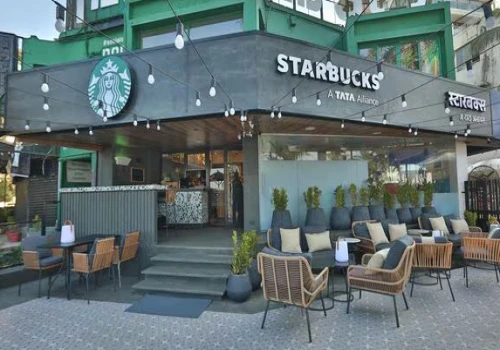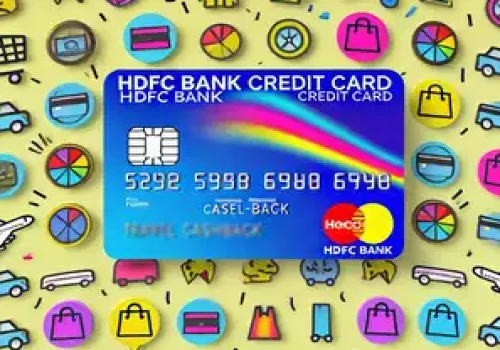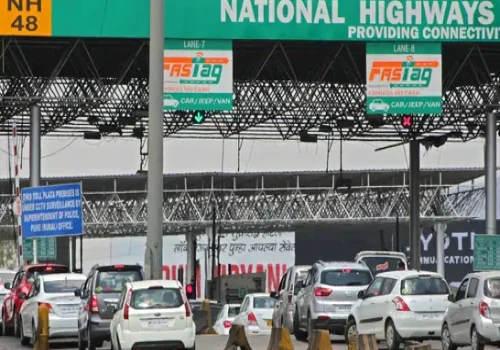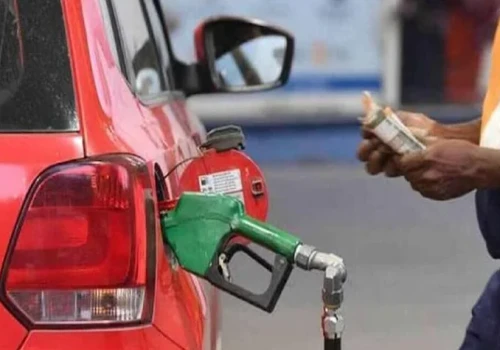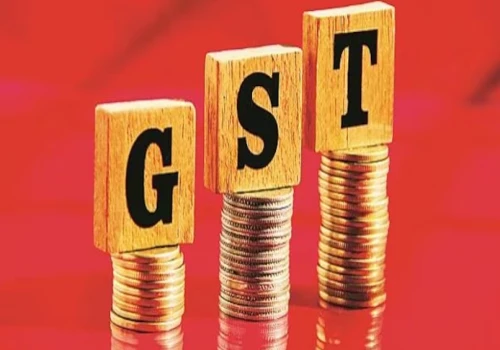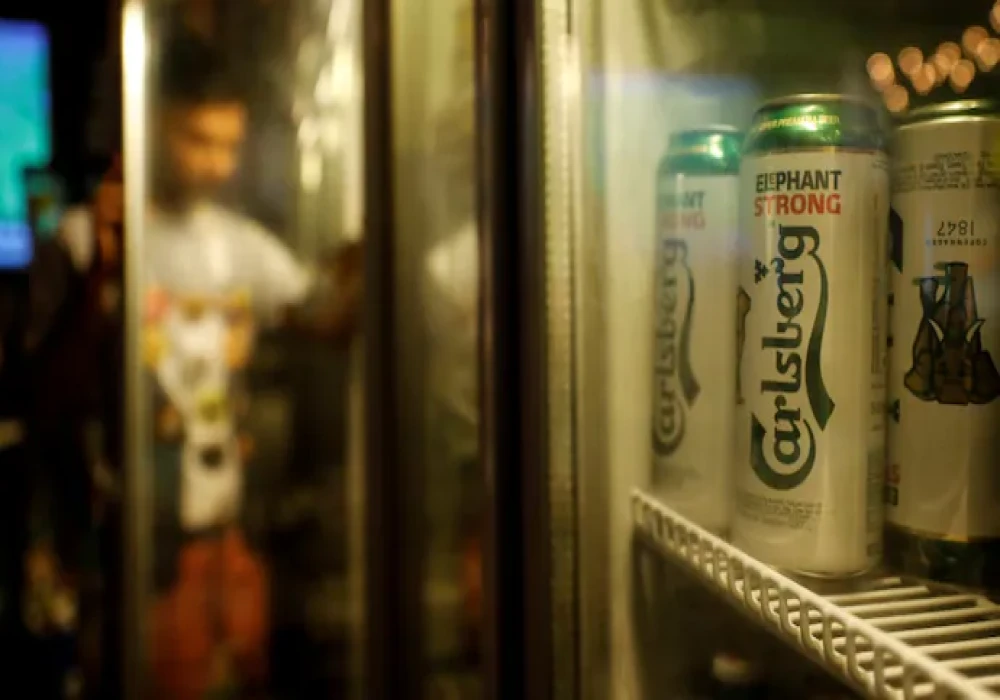
India is set to introduce stringent new rules that will impact how liquor companies advertise their products. Currently, the country bans direct advertisements for alcohol, but companies often bypass this restriction by using "surrogate ads." These ads promote unrelated productslike water, music CDs, or glasswarewhile subtly maintaining the liquor brand’s image. For instance, Carlsberg has promoted its Tuborg drinking water with ads featuring film stars and slogans echoing its beer campaigns, and Diageo’s YouTube ad for Black and White ginger ale features the same terriers as its scotch.
The upcoming regulations aim to close these loopholes. They will prohibit surrogate advertising and extend to sponsorships and any ads for products that resemble or are linked to alcohol brands. This means companies could face significant penalties if their marketing is found to be misleading or if celebrities endorse these ads. Under the new rules, companies might face fines of up to 5 million rupees (around $60,000), and celebrities could be banned from endorsing such products for one to three years.
The new draft rules align with global best practices, inspired by countries like Norway, where similar measures have successfully reduced alcohol sales over time. The World Health Organization supports these bans, noting that they are effective in decreasing alcohol consumption and related health issues.
The changes are expected to impact major players in the industry, such as Carlsberg, Pernod Ricard, and Diageo. These companies will need to adjust their marketing strategies significantly to comply with the new regulations. The goal is to prevent any misleading advertising that could indirectly promote alcohol, ensuring that marketing remains transparent and directly related to the products being sold.




 (1)_500_x_350.webp)

